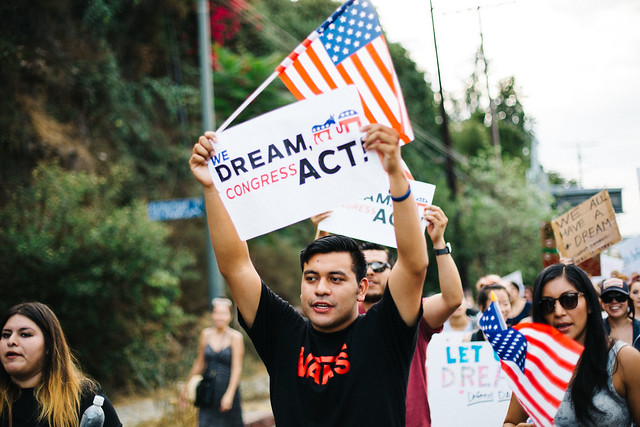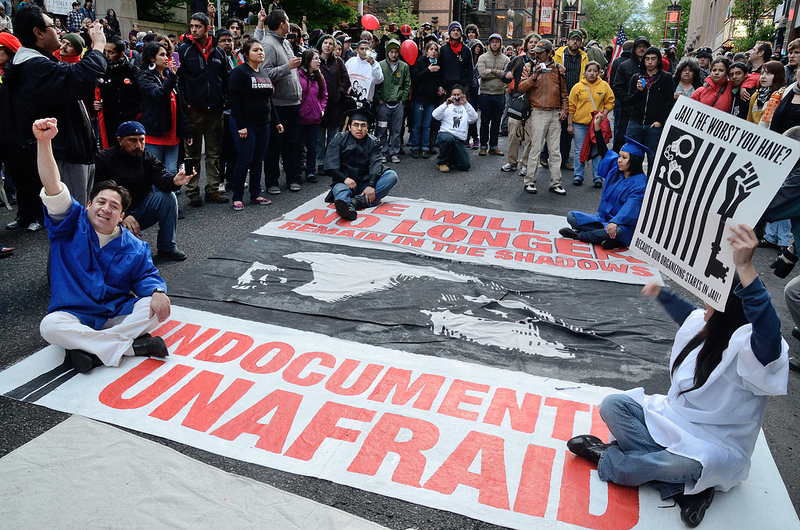Welcome back to Visalawyerblog! In this post, we are breaking down Biden’s new immigration reform proposal which was recently introduced before Congress. The new proposal, also known as the U.S. Citizenship Act of 2021, is groundbreaking because it creates an earned path to citizenship for undocumented immigrants who arrived in the United States on or before January 1, 2021.
While this piece of legislation is still just a bill, it is opening the door for further dialogue from members of Congress and provides a unique window into what a final bill on immigration reform might look like.
How exactly does one “earn” their citizenship with this bill?
Undocumented immigrants who came to the United States on or before January 1, 2021, who can prove that they do not have a criminal record, and are not otherwise ineligible, would be eligible to secure something called “lawful prospective immigrant status” or “LPI” under this new bill.
Essentially, “LPI” would be a provisional temporary type of status that would allow undocumented immigrants to remain in the United States lawfully for a six-year period of time. This provisional status would act as a “gateway” to allow undocumented immigrants to apply for permanent residence and citizenship in the future.
Under the bill, eligible applicants would be granted “LPI” status for a 6-year period, and within that period of provisional status, immigrants would then be eligible to apply for permanent residence after 5 years. After 3 years of being in green card status, such immigrants would then be eligible to apply for U.S. Citizenship.
All applicants would be required to pass background checks and pay taxes under the law.
Would LPI immigrants be able to travel in and out of the country?
Yes. LPI immigrants would be eligible to receive employment authorization and advance parole that would allow them to work and travel in and out of the country.
Additionally, LPI immigrants would be protected from deportation while their applications for LPI would be pending with immigration.
Are there special provisions for DACA recipients, TPS eligible immigrants, and farm workers?
Yes. Under the bill, those with DACA, individuals eligible for TPS, and farm workers with a demonstrated work history would be exempted from the “LPI” provisional status and would be permitted to apply for permanent residence directly without having to wait 5 years to apply for permanent residence, through an expedited “fast track” type of processing.
All others, however, would need to first obtain LPI status and then after 5 years apply for a green card.
 Visa Lawyer Blog
Visa Lawyer Blog




